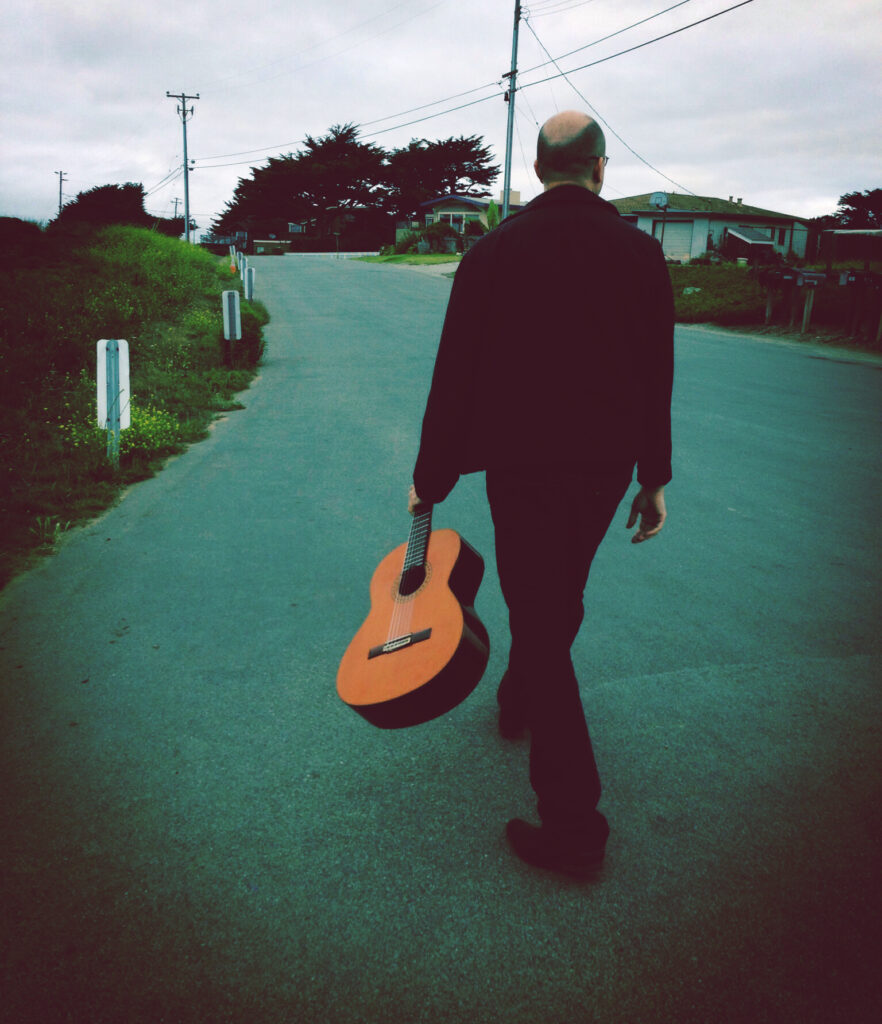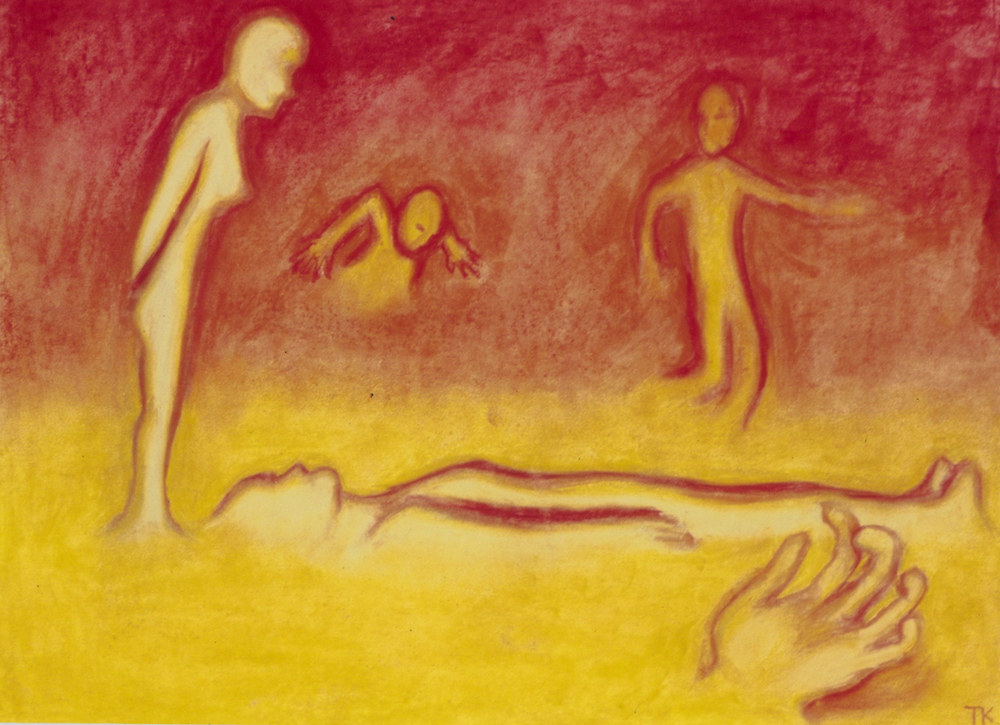The Final Word Spring 2025
Fantasy author and comedian Terry Pratchett wrote a few books about prejudice. They discussed why wizards looked down on orcs, why goblins had to hide in the dark. Pratchett’s books had an emotional scene where one musical performance from a goblin harpist was enough to sway public opinion on equal rights in a world where a disc balanced on a giant turtle.
That’s not how it works in real life, as much as we would hope. Good and bad people can create, co-opt, and use music for their purposes. Think of how many times pop culture has paid homage to Wagner, a well-known Anti-Semite whose nationalist views between 1813 and 1883 led to German believing itself the superior country with the “best blonde and blue-eyed Aryan” people in the 1930s and 40s, because he wrote an opera about Viking-Scandinavian mythology, the Ring Cycle which was based on the German saga The Nibelungenlied, that touched many people’s hearts. And then consider if you’ve heard of Yvonne Rokseth, a composer that joined the French Resistance during World War II and hid Jewish students from persecution. Can you name one of her pieces? I can’t without either a Wikipedia search or asking a friend who has a master’s in composing.

We don’t hear often of the composers and performers that fought a hostile status quo and refused to surrender basic decency. A good number of refugees from World War II starred in Hollywood movies like Casablanca and performed the soundtracks as orchestra members. They did not know if they had a home after the conflict ended. You have to dig deep into history to find conductors like Frieda Belinfante, who joined the Dutch Resistance to stop Nazis from finding Jewish Amsterdam residents, later co-founding the Orange County Philharmonic Society after the war ended. It’s not likely we will hear a Yvonne Rokseth piece parodied in Looney Tunes or featured in a commercial any more than we will see Belinfante’s heroics rendered in a PBS cartoon.
Does that mean it’s not worth finding out or examining our relationship with individual musical pieces? Far from it.
Music is not inherently good or bad in terms of moral quandaries. A great performance may change their mind, but it’s not a guarantee. We individuals have to choose what to do with the creations and how to find that inspiration. That can be as simple as finding the words for a story when putting on a song, or as complicated as finding the proper tunes for rebellion when it feels like half the country has decided fascism is the way to go and have screwed everyone else over in the process. We might go back in the past or find new musicians to sponsor.
You can’t make someone else change their mind if they hear a lovely piece of music. All you can do is change yours. Or create.
The Elephant in the Room
Let’s be real: a lot of us are scared and angry. We have a reason for both. As a writer, it’s scary right now to exist. And some days, I wonder what the point is? I don’t want racist and sexist people to like my work. Not that they would. But I don’t create for them. I create for myself. And I hope to use words to provide joy, or the catharsis needed to get through hard times.
There are going to be Wagners in the world, creators who are celebrated despite being terrible people who are unremorseful about their opinions or negative impact. It’s up to you to decide when it’s okay to separate the art from the artist, because that is a personal decision. And it’s up to you to decide what kind of creator you want to be.
They will unmask at the worst possible times. You will find out that someone without empathy can arrange chords that pierce you, creating more inner turmoil and removing the comfort. But what you do is make sure they don’t take over your creative spaces or minds. You are the bartender making sure the Nazis don’t arrive and start playing “Ride of the Valkyries”. They should fear you and stay away from your symphony.
Stay angry. Find your joy even when it feels like you are drowning in stress and despair. Curate your news intake to the best of your ability, though that has become an ongoing struggle. Take time to rest if burnout has started eating you alive. And create.

Inspiration
Music has always been a part of my life. I’ve been playing violin since I was six, though these days it’s more “pick up the violin once every six months to practice scales”. I also write while listening to music. It helps set the mood for particular scenes. So you can imagine that this issue excited me when I saw the theme.
Most of these stories talk about the enduring power of lore, songs, and narration through time. Old men recount their worst mistakes, as young gentlemen whisper instructions to their lovers before the winter frost takes them away. Ballads can give narrators wings or bring them down. Hearts thaw with memory, or harden with melody.
References
Wagner, Richard, 1813-1883. (1983). Wagner: The Ring cycle. Das Rheingold. Princeton, N.J. :Films for the Humanities,
